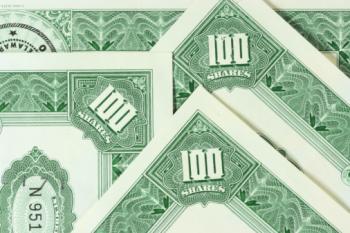Facts About Counterfeiting
 What does Counterfeit Mean?
What does Counterfeit Mean?
A counterfeit refers to an imitation. Something that is created with the intent of fraudulently or spuriously passing it off as a genuine asset or object. Counterfeit products are typically produced with the intent of taking advantage of the true value of the underlying object.
The act of counterfeiting is illegal in all 50 states. Any product or object can be counterfeited, but the action becomes illegal if it violates copyright laws or is delivered with the intent to defraud a consuming party. Typically the instances that involve the latter situation will be initiated to incur some form of profit.
Those individuals involved in counterfeiting objects typically replicate forms of currency, financial documents, company logos, clothing, software, watches or jewelry, and pharmaceuticals.
As a result of the plethora of objects or goods that can be counterfeited, the illegal act carries various fines and punishments which fluctuate on a case-by-case basis. Individuals may counterfeit documents to create a façade of legitimacy or they may counterfeit a tangible good or object to sell it as the real good.
Forms of Counterfeiting
Counterfeiting Money: The act of counterfeiting money is any action that produces currency without the legal sanction of the underlying State or Government that distributes the currency.
Counterfeiting Documents: Those who engage in the counterfeiting of documents engage in the process of forgery. This procedure manipulates or adapts formal documents with the intent to deceive an individual or institution. Counterfeiting of documents is a form of fraud and is often a fundamental aspect of identity theft.
Counterfeiting Consumer Goods: The direct manipulation of a consumer product. The action strips the good’s true value through the use of cheaper materials but allows the good to maintain its original look.
Legal Issues Associated with Counterfeiting
As stated before, the act of counterfeiting is an illegal action in all 50 states. The penalties attached are dependent on the nature of the deception and the amount of money or severity that coincides with the action. Regardless of situation, however, it is strongly advised that those charged with counterfeiting seek a legal professional to aid in litigation
Related Topics
- Know the Difficulty in Addressing a Bribe
- John Balcerzak
- Charles Graner
- Corruption
- Misdemeanor Explained
- Stephen M. Cohen
- Treason Defined
- Kidnapping Defined
- Offense Defined
- What are the Controversies of Sports Bribery